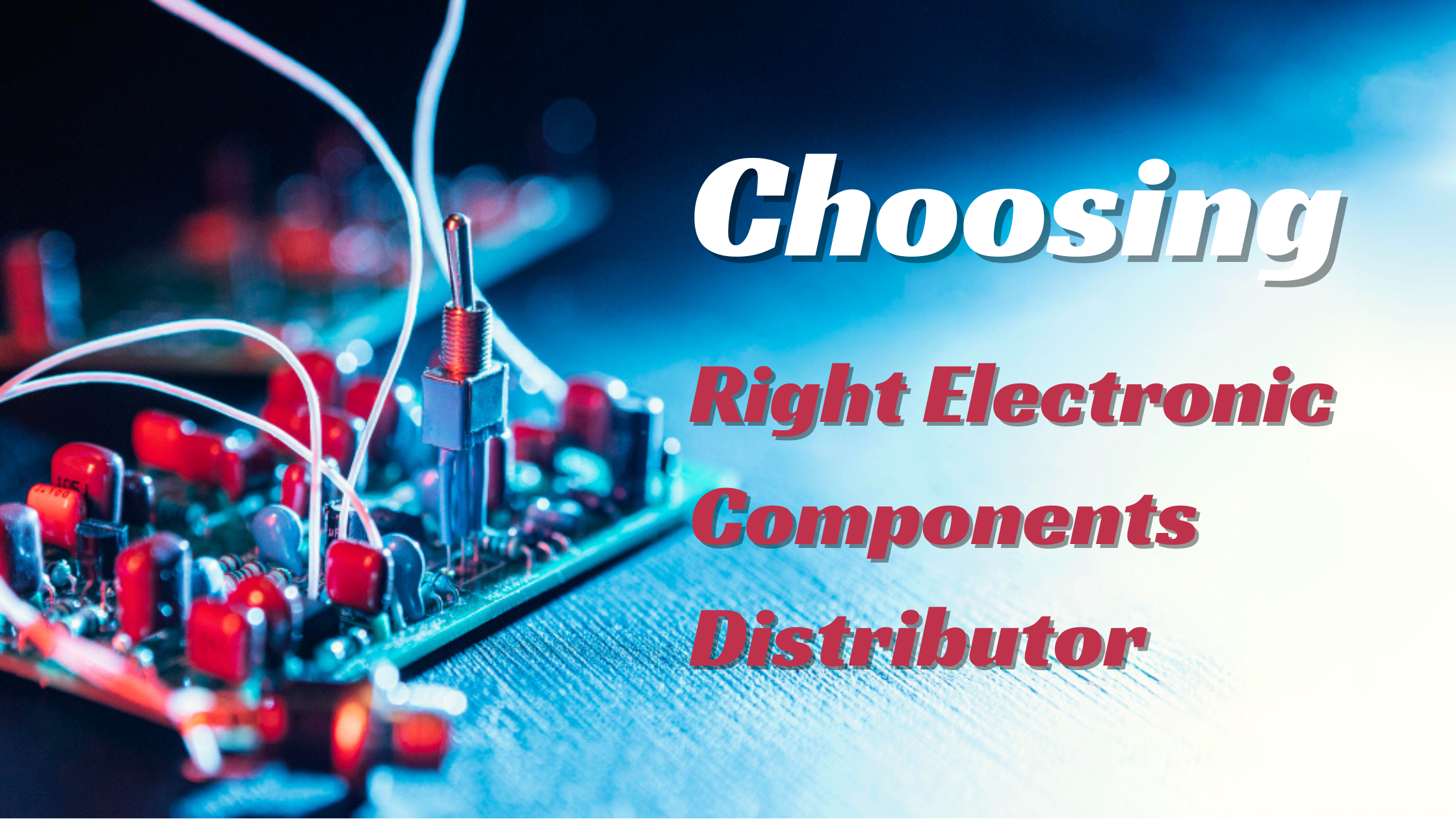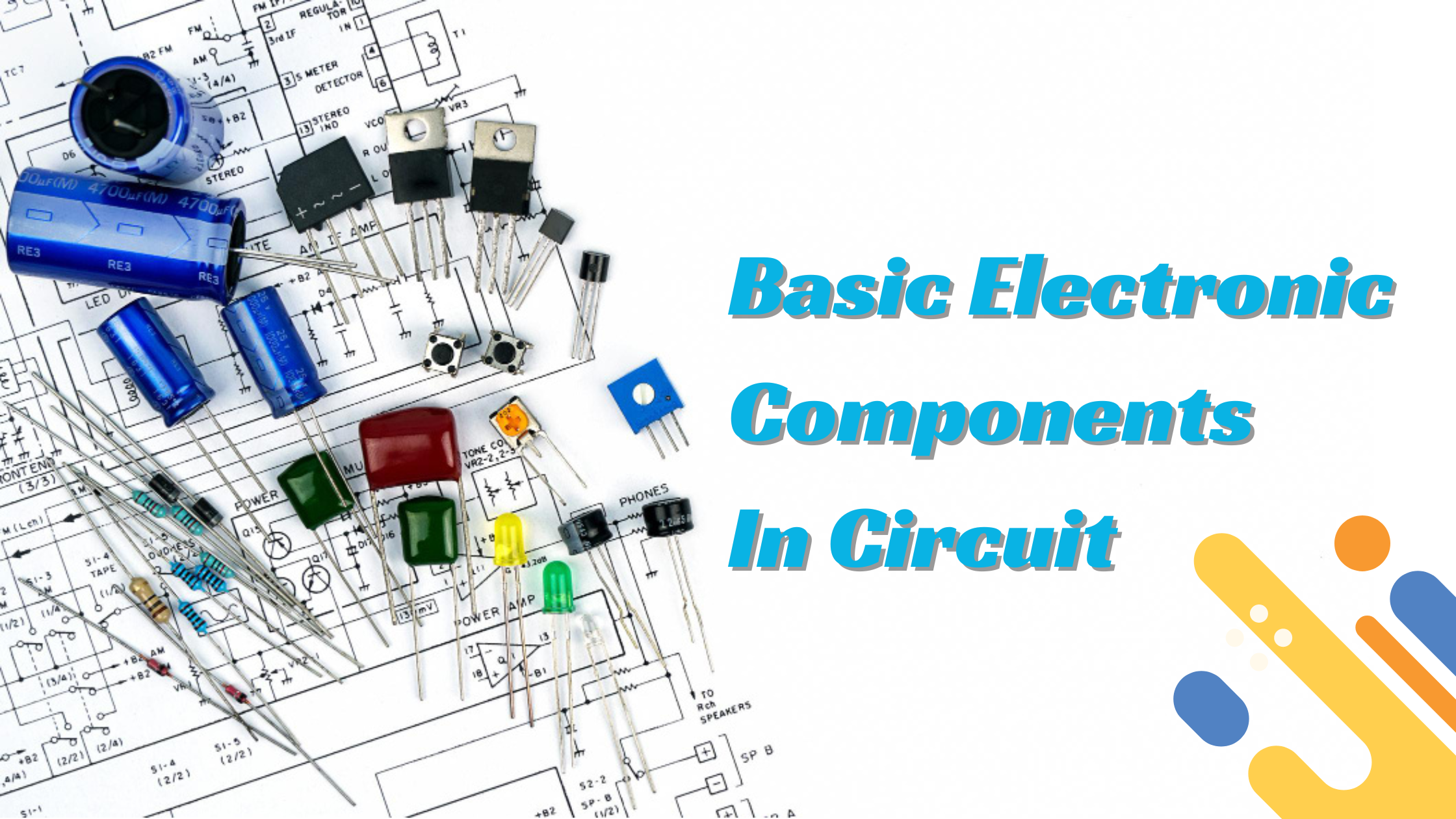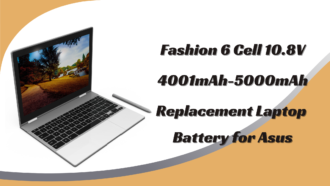How to Choose the Right Electronic Components Distributor for Your Project
- 1 Basic Electronic Components in Circuit
- 1.1 Resistors:
- 1.2 Capacitors:
- 1.3 Inductors:
- 1.4 Diodes:
- 1.5 Transistors:
- 1.6 Integrated Circuits (ICs):
- 2 Choosing the Right Electronic Components Distributor
- 3 Factors to Consider When Choosing a Distributor
- 3.1 Reputation and Reliability
- 3.2 Product Range and Quality
- 3.3 Pricing and Cost-effectiveness
- 3.4 Technical Support and Expertise
- 3.5 Delivery Time and Logistics
- 3.6 Research and Comparison
- 3.7 Customer Reviews and Testimonials
- 3.8 Certifications and Compliance
- 3.9 Location and Accessibility
- 3.10 Communication Channels
- 3.11 Flexibility and Customization
- 3.12 After-sales Service and Support
- 4 Conclusion
In the realm of electronics projects, the choice of component distributors is essential. In the domain of hardware projects, the selection of parts merchants holds colossal importance. The correct merchant can be the foundation of your undertaking’s positive outcome, guaranteeing the ideal conveyance of value parts while offering indispensable specialized help. Be that as it may, with various choices accessible, it’s essential to explore admirably. How about we dig into the fundamental stages to pick the ideal electronic components distributor for your project?
Basic Electronic Components in Circuit
Electrical circuits are the foundation of modern technology, powering everything from simple household appliances to complex industrial machinery. Understanding the basic components of an electrical circuit is essential for anyone interested in electronics or electrical engineering. These components are the building blocks of circuits, allowing engineers and hobbyists alike to design, analyze, and troubleshoot electrical systems. In this article, we will explore some of the fundamental electrical components commonly found in circuits.
Resistors:
Resistors are passive electrical components that resist the flow of electric current. They are commonly used to control the amount of current flowing in a circuit, limit voltage, or divide voltage. Resistors are typically constructed from materials with high resistivity, such as carbon or metal film. They come in various shapes and sizes, with different power ratings and resistance values. Resistors are denoted by their resistance value in ohms (Ω).
Capacitors:
Capacitors are passive components that store and release electrical energy in the form of an electric field. They consist of two conductive plates separated by an insulating material called a dielectric. Capacitors are widely used in electronic circuits for filtering, smoothing, timing, and decoupling purposes. Their capacitance, measured in farads (F), characterizes them. Different types of capacitors exist, including electrolytic, ceramic, and tantalum capacitors, each with its own unique properties and applications.
Inductors:
Inductors are passive components that store energy in the form of a magnetic field when current flows through them. They consist of a coil of wire wound around a core material, such as iron or ferrite. Inductors resist changes in current flow and are commonly used in circuits for filtering, energy storage, and impedance matching. The unit of inductance is the Henry (H), and inductors are characterized by their inductance value.
Diodes:
Diodes are semiconductor devices that allow current to flow in one direction while blocking it in the opposite direction. They consist of a p-n junction formed by joining p-type and n-type semiconductor materials. Diodes are commonly used in rectifier circuits to convert alternating current (AC) to direct current (DC), as well as in voltage regulation, signal demodulation, and switching applications. Diodes come in various types, including silicon, germanium, Schottky, and Zener diodes, each designed for specific purposes.
Transistors:
Transistors are semiconductor devices that amplify or switch electronic signals and electrical power. They consist of three layers of semiconductor material – the emitter, base, and collector – arranged in either a bipolar junction transistor (BJT) or field-effect transistor (FET) configuration. Transistors are the building blocks of modern electronics, forming the basis of amplifiers, oscillators, digital logic circuits, and power switching circuits. They come in different types, such as bipolar junction transistors (BJTs) and metal-oxide-semiconductor field-effect transistors (MOSFETs), each with its advantages and applications.
Integrated Circuits (ICs):
Integrated circuits are complex circuits fabricated onto a single semiconductor chip, typically made of silicon. They contain a large number of interconnected electronic components, such as transistors, diodes, resistors, and capacitors, fabricated using microfabrication techniques. ICs come in various forms, including digital, analogue, and mixed-signal ICs, serving a wide range of functions in electronic devices such as microprocessors, memory chips, and sensor interfaces. Integrated circuits revolutionized the field of electronics by enabling the miniaturization, integration, and automation of electronic systems.
Understanding the basic electrical components in a circuit is essential for designing, analyzing, and troubleshooting electronic systems. Whether you’re a beginner or an experienced engineer, having a solid grasp of these components and their functions will empower you to create innovative and reliable electrical circuits for various applications. From resistors and capacitors to transistors and integrated circuits, each element plays a crucial role in shaping the behaviour and performance of electronic circuits.
Choosing the Right Electronic Components Distributor
Embarking on an electronics project demands meticulous planning, and selecting the right Electronic components distributor is vital to this interaction. Whether you’re a carefully prepared engineer or a fledgling specialist, the wholesaler you pick essentially influences the outcome of your task.
Importance of Choosing the Right Electronic Components Distributor
Choosing the right distributor isn’t only about getting parts; it’s tied in with producing a solid organization. A legitimate wholesaler guarantees realness, unwavering quality, and brief conveyance, consequently defending your undertaking’s honesty and timetables.
Factors to Consider When Choosing a Distributor
Reputation and Reliability
A distributor’s reputation says a lot about its dependability. Settle on laid-out wholesalers with a demonstrated history of reliably conveying quality parts.
Product Range and Quality
Evaluate the distributor’s product portfolio. A diverse range of high-quality components signifies a distributor’s capability to meet varied project requirements.
Pricing and Cost-effectiveness
While cost is a significant factor, prioritize value over price. Seek distributors offering competitive pricing without compromising on quality.
Technical Support and Expertise
Technical expertise is invaluable when encountering project challenges. Choose distributors equipped with knowledgeable staff capable of providing timely assistance.
Delivery Time and Logistics
Timely delivery is critical to project timelines. Assess the distributor’s delivery capabilities and logistics network to ensure prompt and efficient service.
Research and Comparison
Lead careful examination and contrast different wholesalers with pursuing an educated choice. Consider factors such as estimating, item reach, dependability, and client surveys.
Customer Reviews and Testimonials
Client input offers significant experience in a merchant’s presentation and unwavering quality. Focus on wholesalers with cheerful surveys and tributes from fulfilled clients.
Certifications and Compliance
Confirm the wholesaler’s certificates and adherence to industry norms. Affirmations, such as ISO and RoHS, guarantee consistency with quality and natural guidelines.
Location and Accessibility
Choose a distributor with a convenient location or efficient shipping options to minimize lead times and logistical complexities.
Communication Channels
Powerful correspondence is fundamental for tending to questions and settling issues expeditiously. Opt for distributors offering multiple communication channels for easy accessibility.
Flexibility and Customization
Projects often require tailored solutions. Select distributors willing to accommodate custom orders and offer flexibility in product configurations.
After-sales Service and Support
A distributor’s obligation to after-deals administration is characteristic of their devotion to consumer loyalty. Therefore, prioritize distributors offering comprehensive post-purchase support.
Conclusion
Choosing the right electronic components distributor is fundamental for project success. By considering factors like standing, item quality, specialized help, and after-deals administration, you can guarantee a consistent procurement process and achieve ideal task results.



















